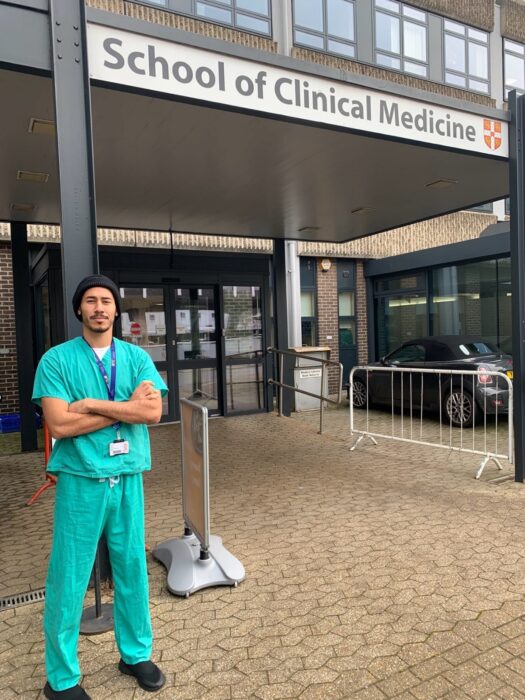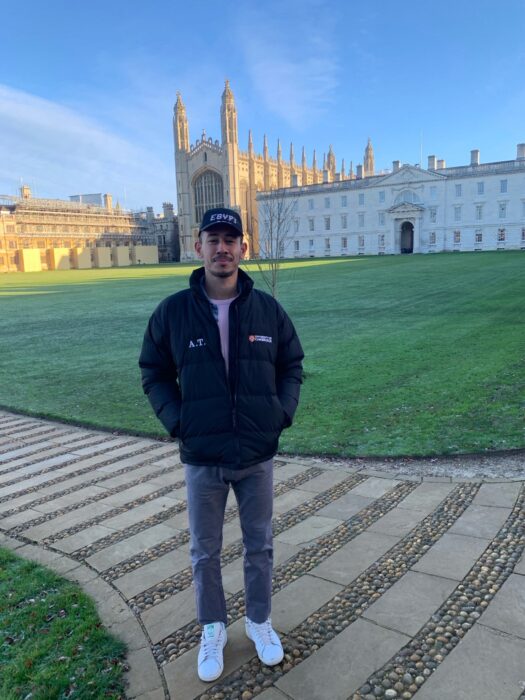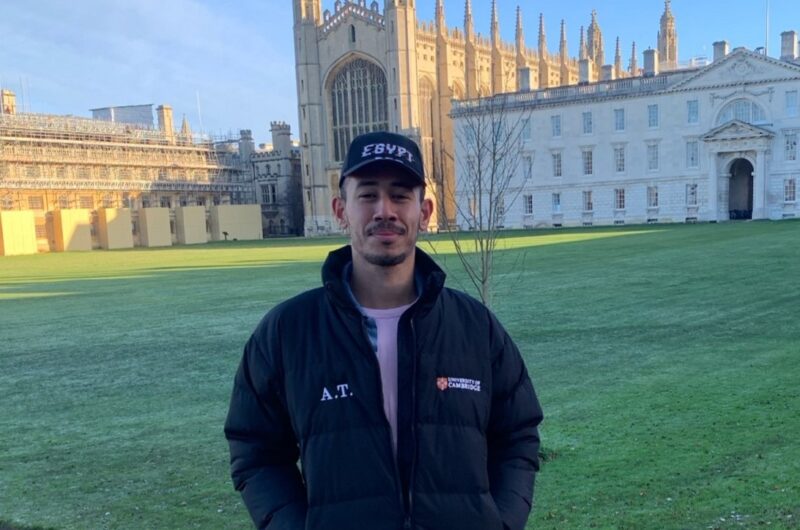Adham Tarek Beshir is a final year medical student from Malawi who completed a six-week elective at Addenbrooke’s Hospital. Here he explains what he learnt, the different perspective he was able to offer, and how it will inform his future practice.
“My inspiration to get involved in global health stems from my aspiration to become one of Malawi’s first (if not, first) cardiothoracic surgeons. Every day in Malawi, babies are born with heart defects that require surgical intervention, yet access to such is not available. Improved access to and better health outcomes from surgical care, particularly for vulnerable people, is an important part of global health. My goal is to one day provide life-saving care to these infants, giving them the opportunity to grow and lead fulfilling lives.
During my elective in Cambridge, I spent four weeks in the Neurology department. I participated in Multidisciplinary Team Meetings (MDTs), attended ward rounds and joined clinics. I was able to directly learn from consultants on how to take focused patient histories, perform neurological physical examinations and develop appropriate investigations, diagnoses and management plans.

I brought a unique perspective to the Neurology team, drawing on my experiences as a final year medical student in Malawi, where innovative approaches are needed due to resource limitations. I shared insights into how healthcare operates differently back home, including variations in diagnoses and management of the same illnesses.
During my final week, I spent time in ICU, where I gained valuable insight into the importance of meticulously managing the smallest details as part of a patient’s care plan. I observed a wide range of procedures, from the simple act of turning a patient, to invasive diagnostics like bronchoalveolar lavages. Additionally, I had the opportunity to get hands-on experience with the patient record system as my supervisor was kind enough to guide me through its use.
It was challenging adapting to the complexity of cases I observed in ICU, which required precision and focus. The most rewarding aspect was being able to apply and appreciate the theoretical knowledge I had read from textbooks into the actual care of my patients. Seeing how concepts and practices translated into the real world deepened my understanding.
I benefitted from meeting and rotating with an ICU speciality registrar from Egypt who took the time to explain every patient’s diagnosis and management. His passion for teaching and ability to make complex concepts clear were unparalleled. He offered valuable advice to do with my life in and outside medicine, which made me realise the importance of mentorship.
As well as expanding my medical knowledge, the elective taught me the importance of multidisciplinary care. I had the opportunity to work closely with various specialists and to observe their collaborative and holistic approach to patient care.
As well as expanding my medical knowledge, the elective taught me the importance of multidisciplinary care. I had the opportunity to work closely with various specialists and to observe their collaborative and holistic approach to patient care.

On a personal level, it greatly improved my adaptability, problem-solving and resilience. On some nights, I stayed late in the wards reviewing patient information to understand the diagnoses and track the progression of management from the day of admission.
As a result of the elective, I plan to take a more structured multidisciplinary approach to patient care. I also intend to advocate for and emphasise the importance of mentorship and the value of conducting research.
As a future cardiothoracic surgeon, I want to contribute to improving access to cardiothoracic care, particularly to underserved populations like newborns. I also intend to mentor and support upcoming generations to embrace global health into their daily practice as future doctors. I plan to engage in research to understand the needs of my patients and find solutions to tailor to their needs.
I would absolutely recommend global health work to my peers: it offers a unique perspective into healthcare challenges and insight into how different systems approach similar problems.”
Find out more about ethical elective opportunities with CGHP’s partnership programmes, or contact us at info@cghp.org.uk
Return to blogs

